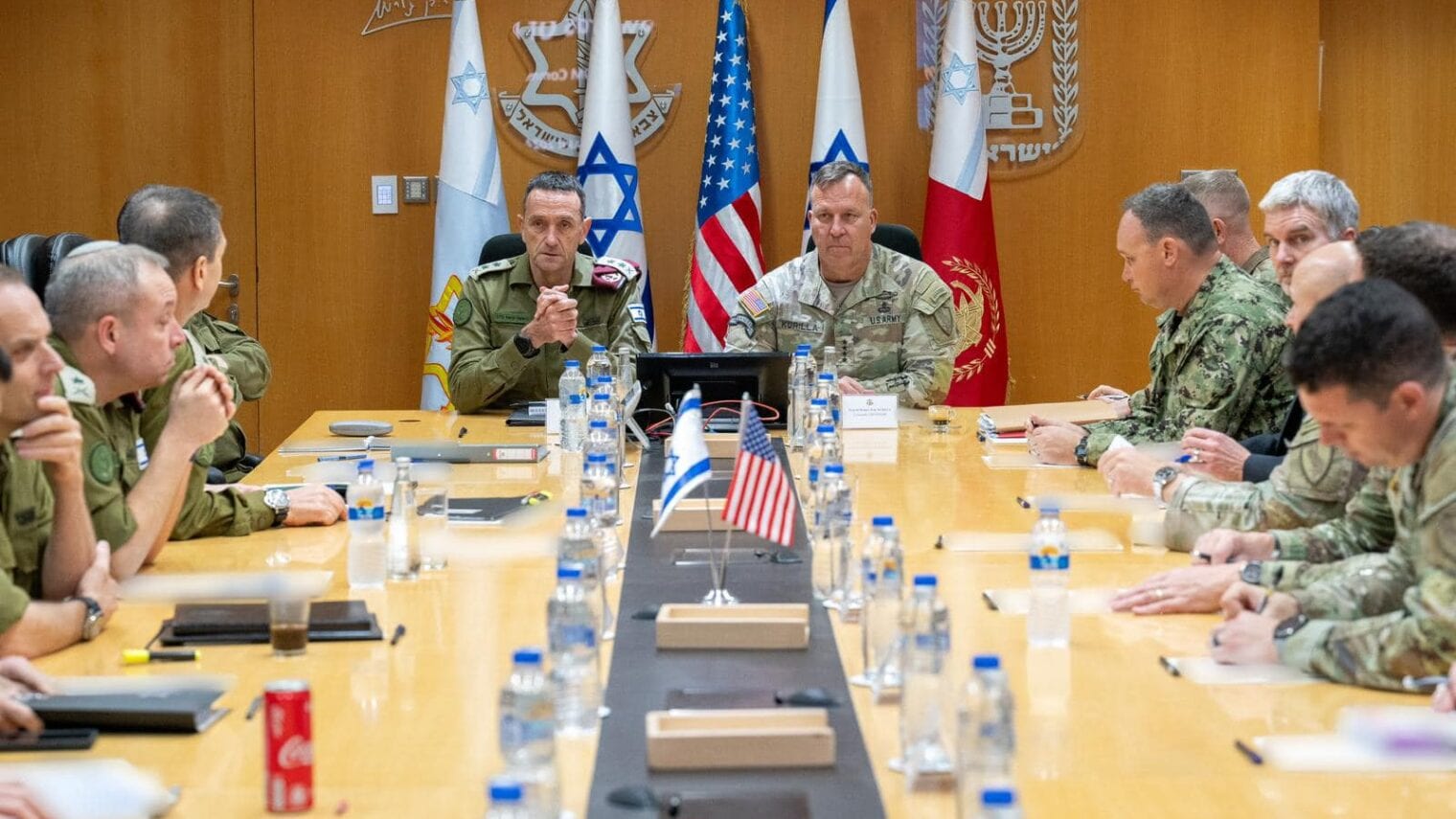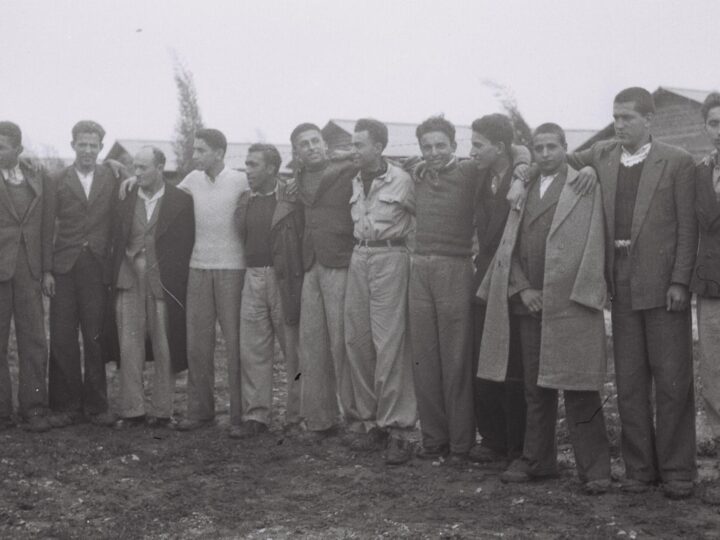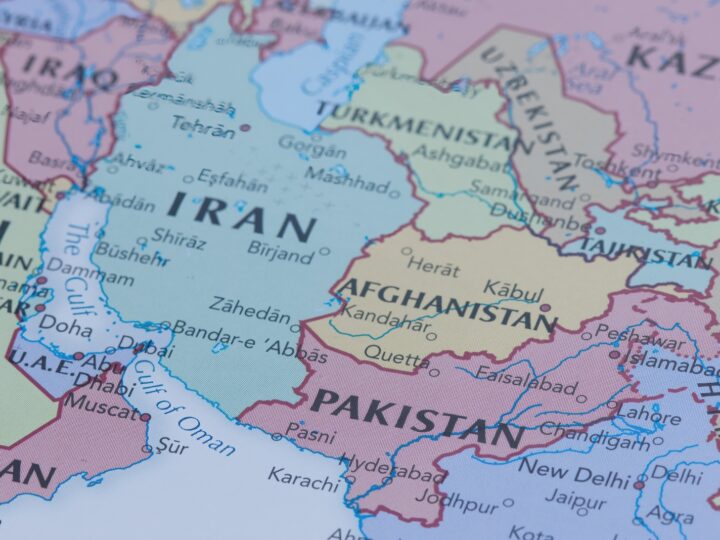Before dawn on April 14, the Islamic Republic of Iran launched approximately 170 attack drones, 130 cruise missiles and 120 ballistic missiles at Israel.
The Israel Defense Forces intercepted 99 percent of them with help from the military forces of the United States, Britain, Jordan and France. A few ballistic missiles got through, causing minor damage at Nevatim Airbase in southern Israel. The only Israeli casualty was an Arab Bedouin girl wounded by shrapnel.
The pretext for the attack was an April 1 airstrike – presumably by Israel — on a building next to Iran’s embassy in Damascus, which killed seven members of Iran’s Islamic Revolutionary Guard Corps (IRGC). Among those assassinated was the Iranian commander in Syria believed to have masterminded the October 7 Hamas attacks on Israel from Gaza as well as attacks by Hezbollah from Lebanon and Houthis from Yemen.
“It wasn’t a surprise; Iran was saying it was going to retaliate and Israeli intelligence had a lot of information before,” said Sima Shine, head of the Iran program at the Institute for National Security Studies at Tel Aviv University, speaking at a Media Central press conference on Sunday morning.

At the same time, the decision by Iran to attack “was very interesting because President Biden’s administration tried to prevent this attack [directly and indirectly], and it didn’t work. Iran decided to ignore any deterrence that could come from the US, probably based on the assumption in Tehran that the US doesn’t want war,” she said.
“I think the Iranians took into consideration the fact that Israel has a very, very strong multilayer anti-missile system and that there would be not too many casualties” so that Israel would not retaliate, added Shine, who previously headed the Research & Evaluation Division of Israel’s national intelligence agency, and before that held the Iranian file in the Ministry of Strategic Affairs.
Dramatic change
Shine said the Iranian attack should be seen as part of the regional multifront war that began on October 7, but also represents “a really dramatic change” because it’s the first time a foreign nation has declared war on Israel since 1991, when Iraq launched 39 Scud missiles at Israel.
Her guess is that Iran, despite the hatred of its radical leadership toward Israel, has no intention of repeating the attack that was so successfully repelled by Israel and its allies.
“According to my understanding, they want to show they have the capability to launch different kinds of missiles and drones, but on the other hand they prefer not to escalate into a war,” she said.
Watch the F-35I Adir fighter jets return to Nevatim Airbase after successfully protecting Israel’s airspace: pic.twitter.com/ap5gPLphPD
— Israel Defense Forces (@IDF) April 14, 2024
Before the 1979 Iranian revolution, Iran and Israel had warm ties. Once the Ayatollah Ruhollah Khomeini took over, however, the country skewed Islamist and became increasingly hostile to Israel. Shine said the current supreme leader, Ali Khameini, has surrounded himself with radical IRGC members who support his extreme domestic and foreign policies.
She added that Iran has a “terrible economic situation at home and there is a lot of criticism from within the system. The regime knows that a big portion of the population doesn’t like this regime. I think they are afraid that if there is an attack on Iran they cannot count on the people gathering around the flag.”
A strategic opportunity for Israel
Shine believes Israel has sufficient military intelligence and capability to retaliate (“Iran doesn’t have any good anti-aircraft, anti-missile system and is vulnerable to an attack from outside”) but should heed the American request not to retaliate immediately and not without the approval of Washington.
“I think it will be much more devasting for the Iranians if Israel succeeds in changing the architecture of the Middle East in a way that it will be understood that Iran has its proxies but all the others are actually cooperating against Iranian and its proxies,” she said.
“I do think we should retaliate — a strategic revenge and not just an operational attack — but in the context of the Gaza war, Israel can use the situation to start making a new arrangement in the region that will make a huge difference from what we have seen before.
“It’s a unique strategic opportunity for Israel. I don’t know if this government is able to do it, but there are enough people that understand the strategic potential of the new situation.”
Damascus op wasn’t a mistake
Shine said nobody should think that Israel erred in taking out the IRGC leaders, even if this operation provided the excuse for Iran’s aggression.
“Israel has operated against Iranians in Syria, and according to foreign reports also in Iran, for many years. It’s not the first time. I am often asked whether it was worthwhile, whether Israel took possible Iranian retaliation into consideration,” said Shine.
She points out that those killed in Damascus were not innocents. They were the very people who organized the war Israel has been fighting for six months on multiple fronts and who organized the transfer of arms to Israel’s enemies.
The assassinations are “completely connected to the situation that we see around Israel in the last half year. Of course, looking at the result, it was one step more than Iran could accept. But these people were operating day and night against Israel and talking to the Houthis and giving orders to the militias in Iraq and in Syria,” she said.
“Yes, other people could replace them. But there was a reason for Israel to do it. We had good reason to hope for a change and for Iran rethinking its operation in Syria.”

















